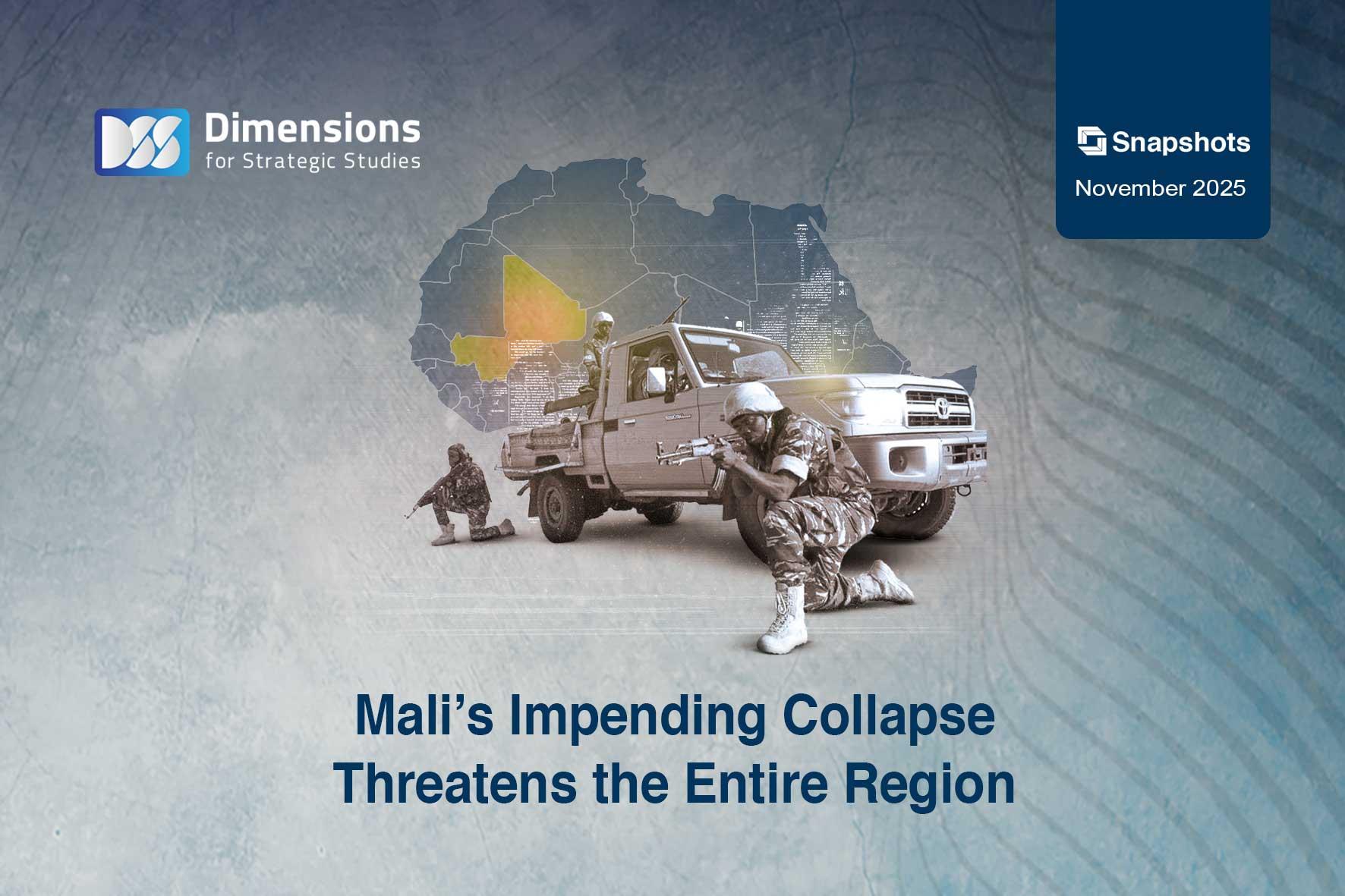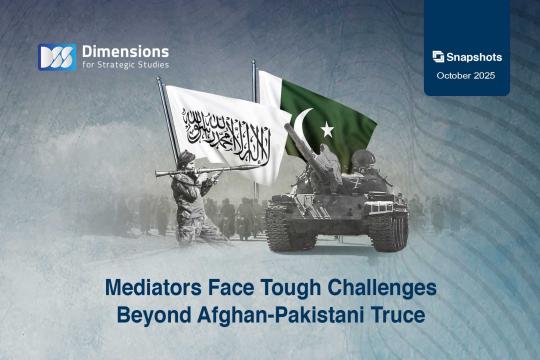
Mali’s Impending Collapse Threatens the Entire Region
2025-11-1815 view
Mali is facing a rapidly deteriorating security situation, with implications across the increasingly fragmented Sahel and West Africa. The escalation began in earnest with a series of military coups that started in 2020, bring to power the Transitional Military Council and leading to the subsequent expulsion of French and UN peacekeeping forces.
Today, three main camps are engaged in the fighting: the Malian army, supported by Russian mercenaries; jihadist groups (most notably the al-Qaeda-affiliated Jihadist Front for the Victory of Islam and Muslims (known as JNIM); and Tuareg separatists under the banner of the Coordination of Azawad Movements (CMA).
Jihadists now control vast swathes of rural Mali, particularly in the center and East of the country, while the army is focused on protecting strategic areas and major cities such as the capital, Bamako. A major escalation has been underway in the North since the withdrawal of UN forces in September 2023. Fighting has resumed between the Malian army and Azawad separatist movements for control of vacated military bases, such as in the district of Bourem on the Niger River.
All this has fanned a crisis of trust between the military establishment and the population, particularly since the army and Russian mercenaries suffered heavy losses in fierce attacks by extremist groups in 2024 along the border with Algeria and around Bamako. Deepening divisions within the military itself are further undermining its ability to tackle its security priorities or consolidate its rule.
For now, a sudden collapse of the regime or the takeover of the capital by jihadist groups in the traditional sense (i.e., by storming the capital and seizing government buildings) are unlikely. Nevertheless, Mali faces nothing short of an existential threat, as JNIM works to strangle the regime economically and politically in order to topple it from within.
JNIM has adopted a new strategy of avoiding direct military confrontation with the Malian army or its Russian mercenary allies in the heart of the capital. Instead, the group has imposed a crippling siege on Bamako since the beginning of November, cutting off the city’s main supply routes and sparking unprecedented shortages of fuel, food, and medicine. This has paralyzed life in the capital and other major cities.
The aim of this strategy is to throttle the ruling junta economically and starve the population, thus fueling public anger and possibly triggering another internal military coup, with a view to securing JNIM an influential position in any future political settlement—or bringing about total state collapse.
While jihadist groups do not have the logistical and military clout to storm and seize Bamako from government forces, the accumulated security failures of the military regime could ultimately lead to its internal collapse. This threatens to make Mali the first country in the world effectively controlled by al-Qaeda. Such fears prompted Western countries such as the US and the UK to evacuate non-essential personnel from the capital in late October 2025.
The deteriorating situation in Mali is already having serious impacts on its neighbors. Mali has become a safe haven and rear base for extremist organizations, revitalizing their ability to operate across the Maghreb, the Sahel and West Africa, particularly in Niger and Burkina Faso. These countries are also linked by important supply and smuggling routes, which jihadist groups exploit to finance their activities through the trade in drugs, weapons, and illicit gold.
Furthermore, this instability is exacerbating a growing crisis of organized crime, as the security vacuum allows smugglers and human traffickers to move freely within a regional network with tendrils into Algeria, Libya, and Morocco, further destabilizing Mali’s northern borders.
The crisis in Mali is also undermining security in North Africa by disrupting national strategies, as in the case of Algeria, which has been forced to change its traditional approach to security affairs across the Sahel. This highlights Mali as a microcosm and a pivotal example of the Sahel’s problems. These are problems that increasingly demand a comprehensive regional and international solution.





